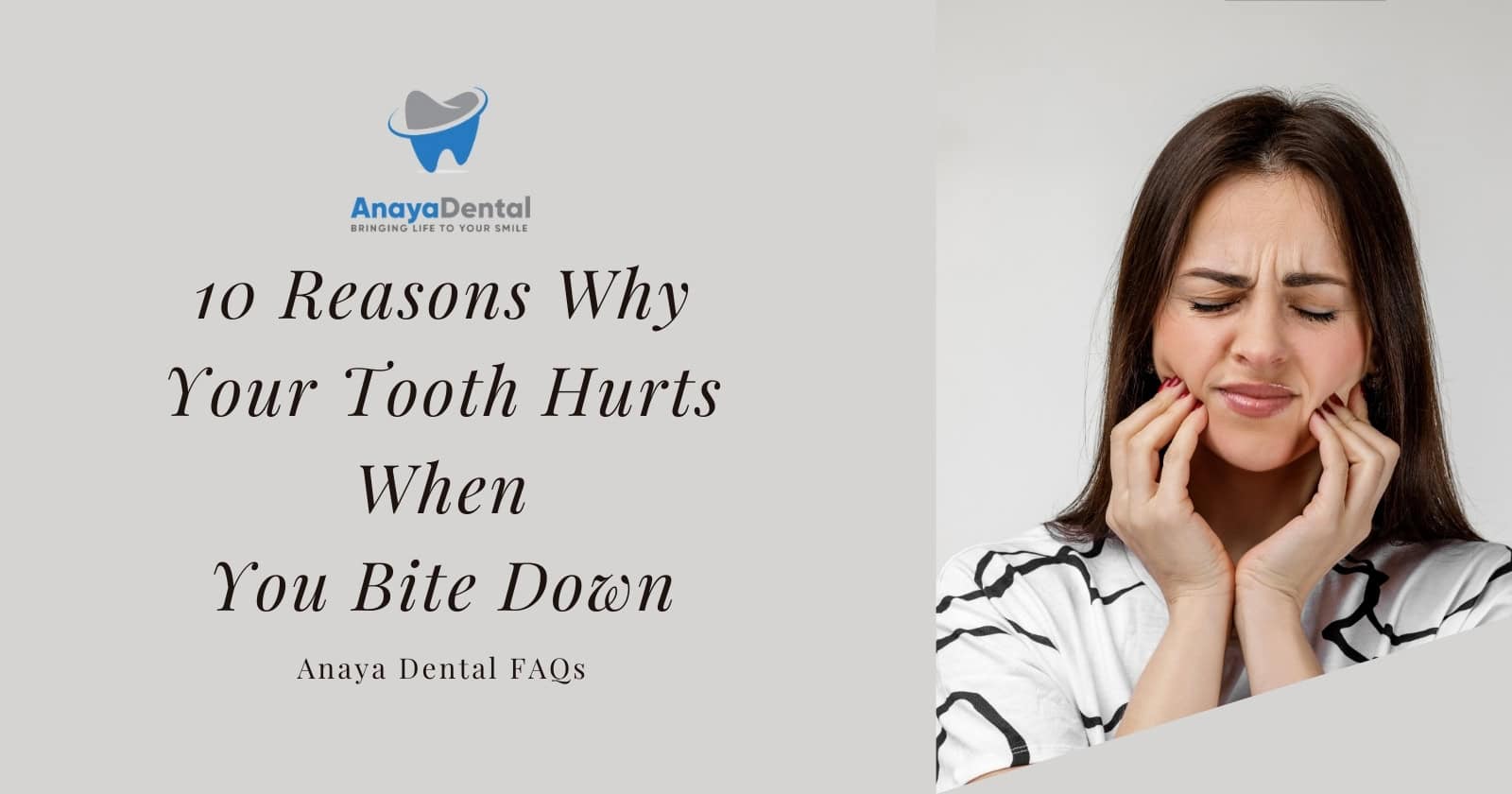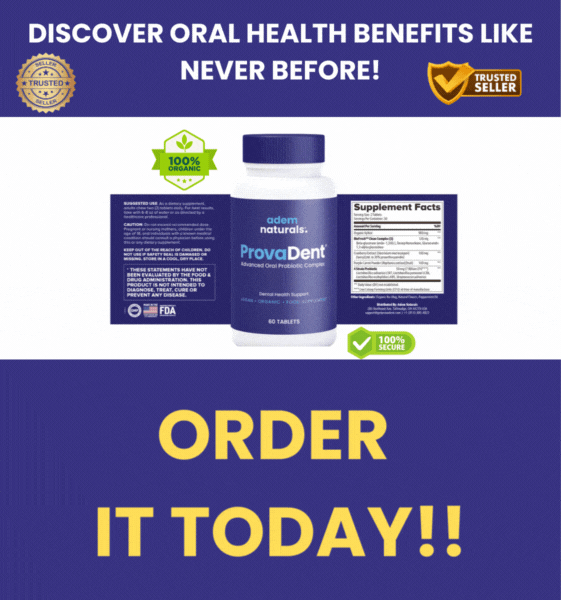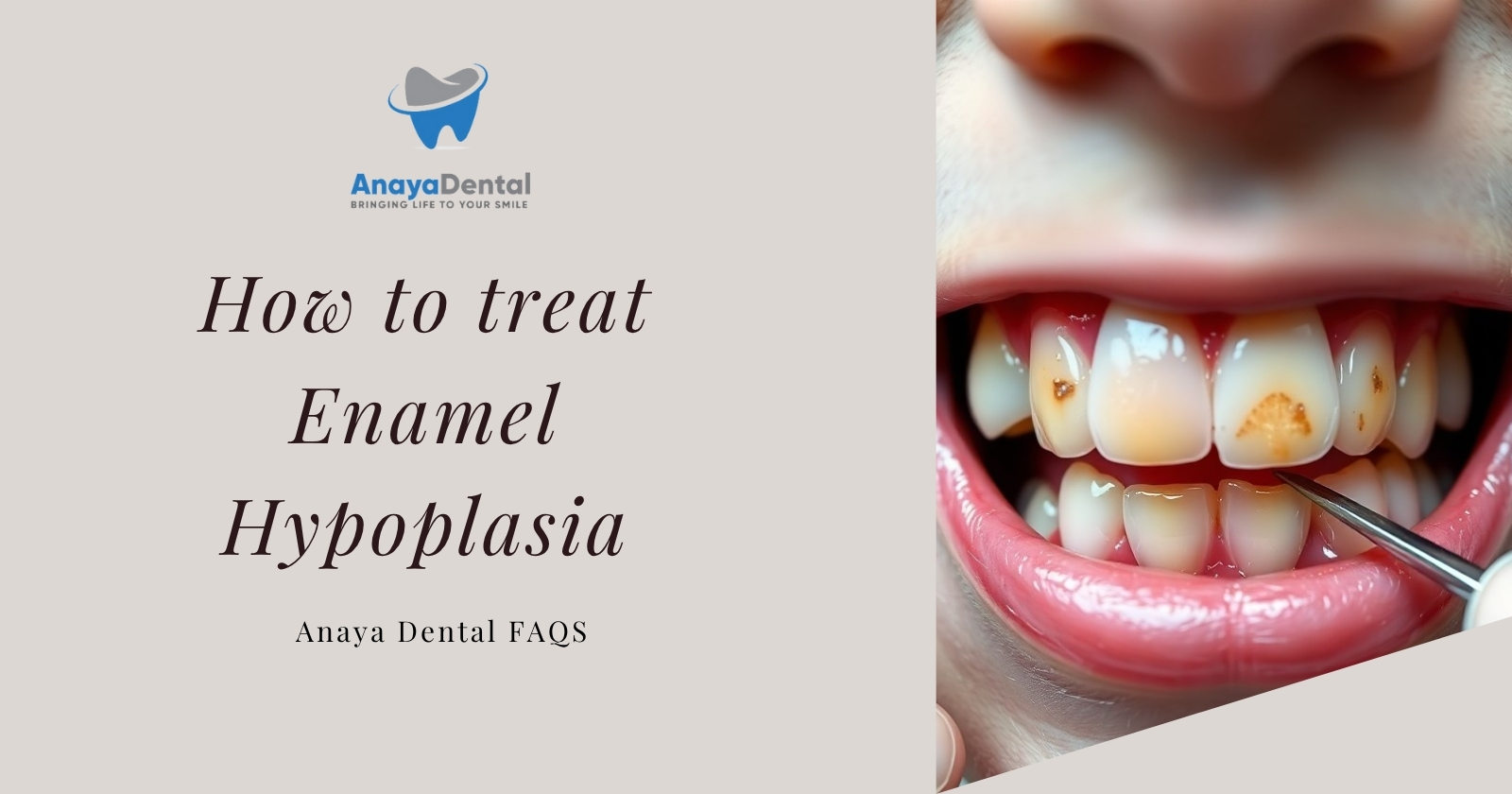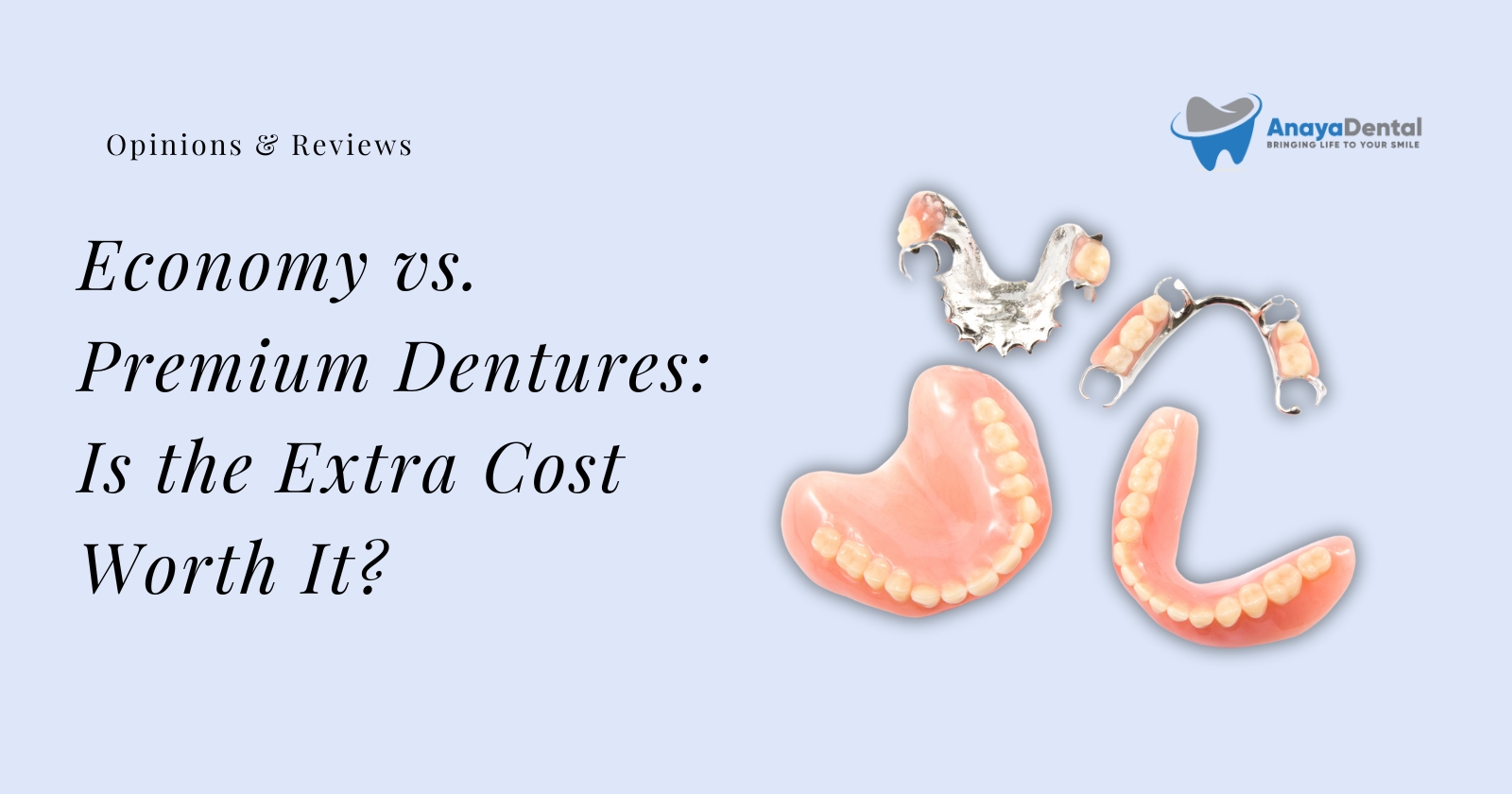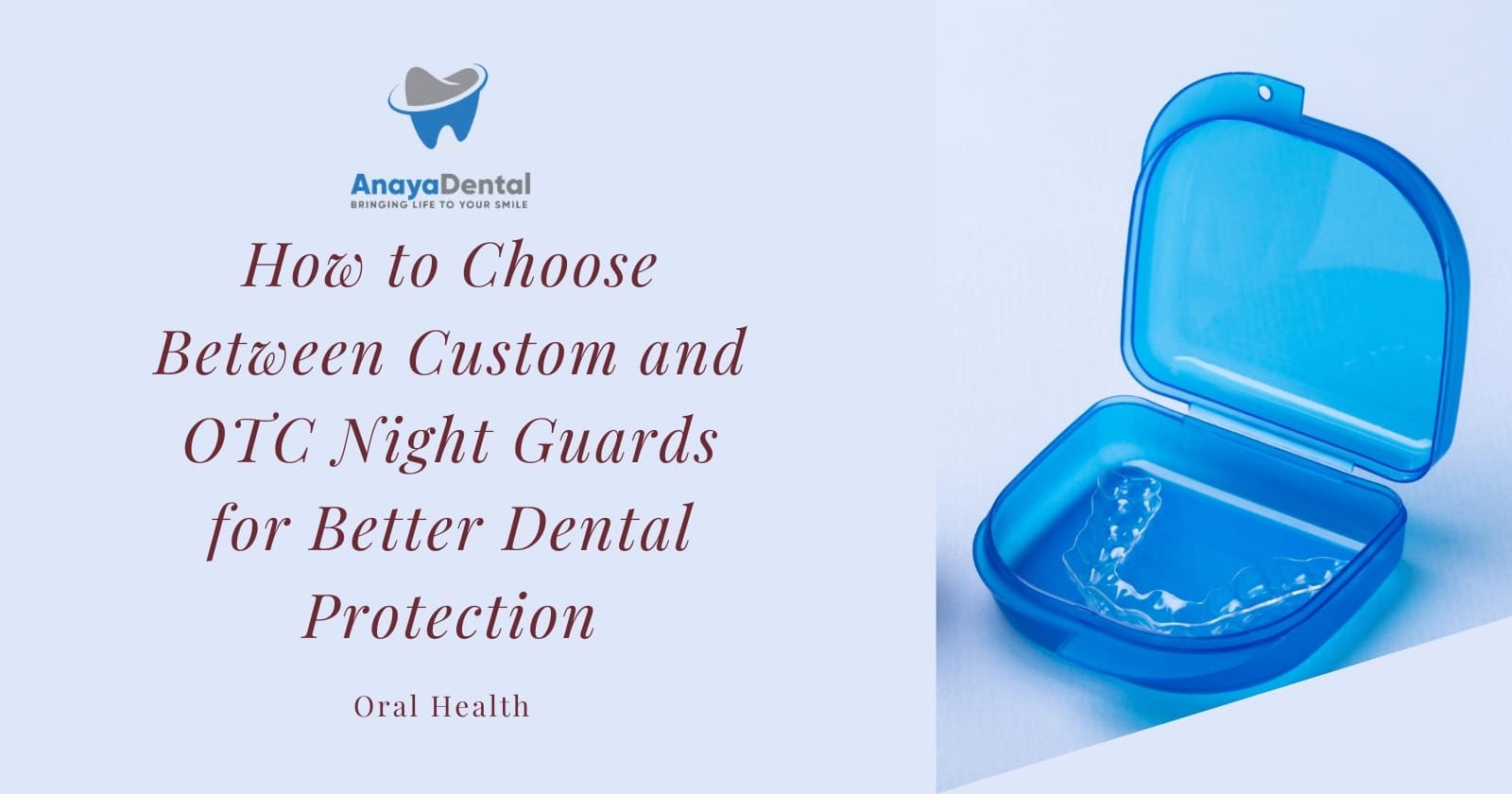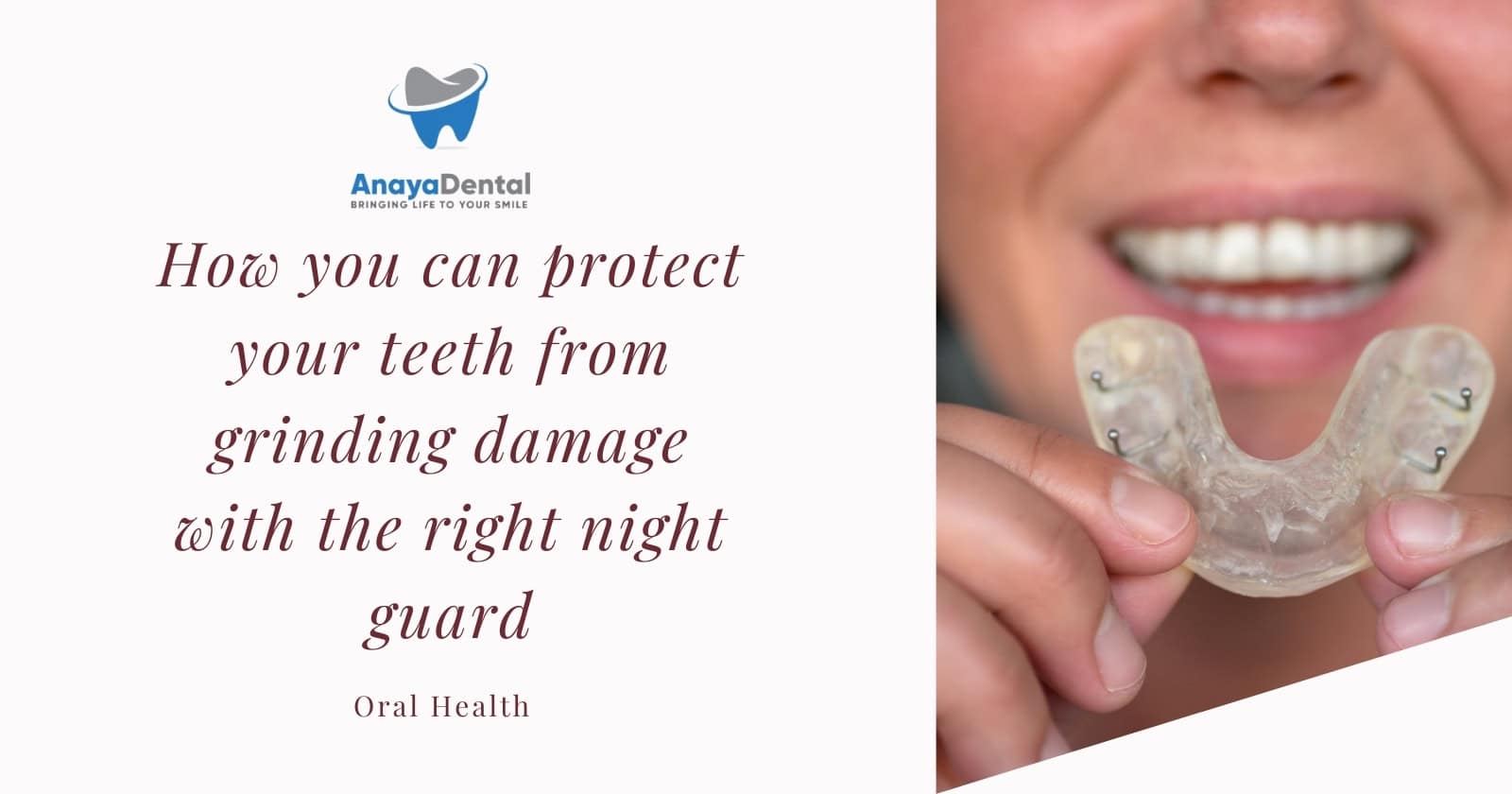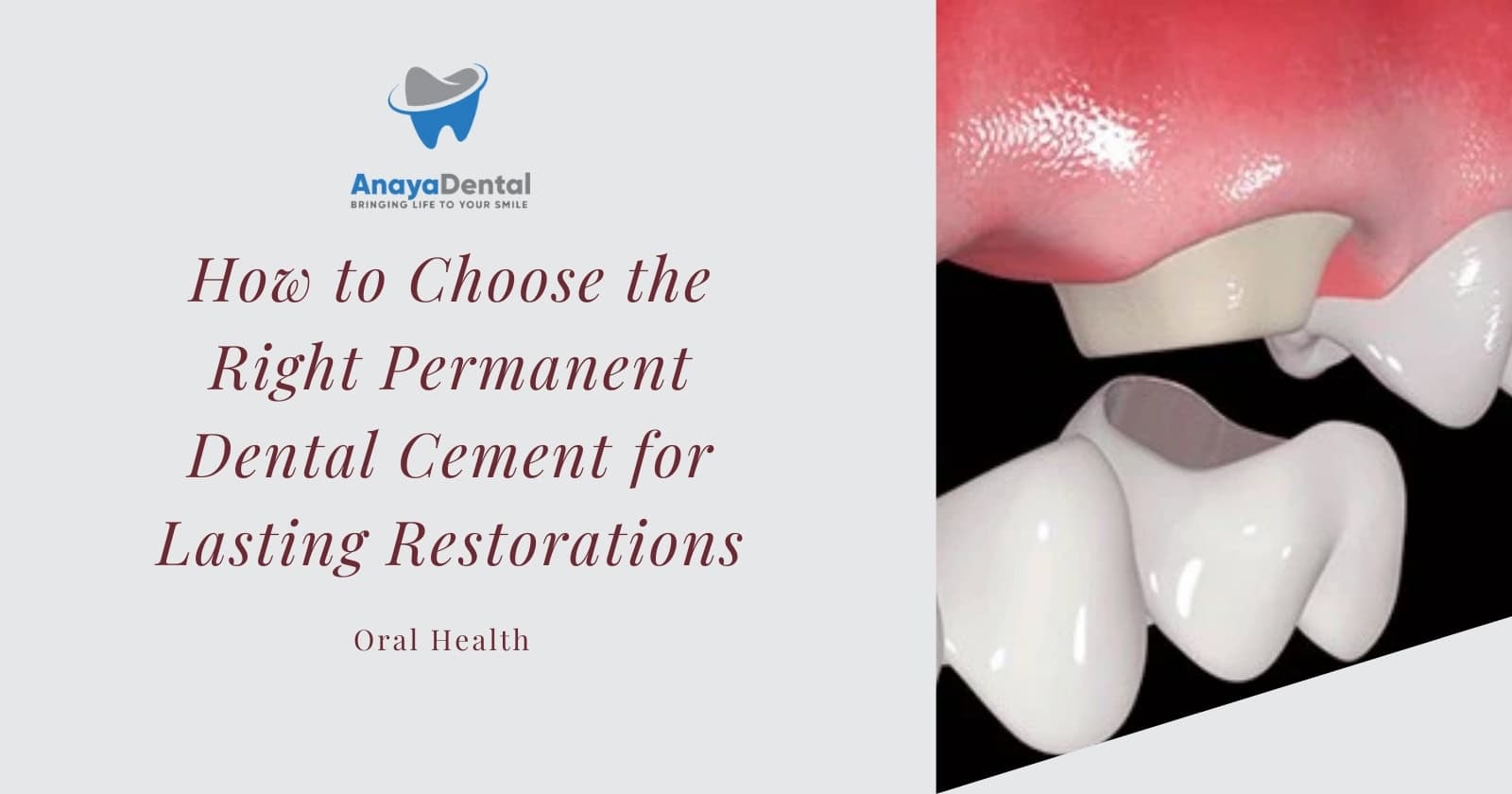It’s not uncommon to experience discomfort when you bite down, and understanding the potential reasons for this pain is vital for maintaining your oral health. This post will help you identify 10 common causes of tooth sensitivity, from dental decay to cracked teeth. By recognizing these issues early, you can take the necessary steps to prevent further damage and seek appropriate treatment. Your dental health directly affects your overall wellness, so knowing why your tooth hurts is a positive step towards finding relief and ensuring a healthy smile.
Key Takeaways:
- Biting down pain can indicate various dental issues, including cavities, tooth fractures, or gum disease.
- Proper dental care and regular check-ups can help prevent many of the conditions that lead to tooth pain when biting.
- It’s important to seek professional dental advice if you experience persistent pain to ensure timely diagnosis and treatment.
Dental Decay and Cavities
Before your tooth begins to throb when you bite down, it could be a signal of dental decay and cavities. This process occurs when the bacteria in your mouth produce acid that eats away at your tooth enamel. If left untreated, it can lead to further complications, including pain and infection. Being proactive about your dental health is the best way to prevent cavities from causing discomfort while chewing.
Early Stage Cavity Development
Across many individuals, the early stages of cavities may go unnoticed. You might experience minor sensitivity when consuming hot or cold foods, but these symptoms often fade quickly. If you’re attentive to these early signs, you can prevent further damage.
Try Our Dental Calculators
Advanced Tooth Decay Symptoms
Beside the initial discomfort, you may start noticing more pronounced symptoms of advanced tooth decay. At this stage, your tooth’s structural integrity is compromised, leading to significant pain. You could experience:
- Persisting pain in the affected tooth
- Pain that radiates to your jaw or ear
- Swelling in the gums around the affected tooth
- Noticeable holes or pits in your teeth
- Bad breath despite good oral hygiene
| Symptom | Details |
|---|---|
| Persistent Pain | You experience consistent discomfort when biting down. |
| Jaw and Ear Pain | The pain may extend beyond the tooth, creating larger discomfort. |
| Swelling in Gums | Inflammation can signal a progressing infection. |
At this advanced stage, it’s vital that you consult a dental professional. This will ensure that you receive appropriate treatment before the condition worsens. If you neglect these symptoms, you may face more serious issues such as abscesses or tooth loss. Engaging with your dentist promptly can safeguard your oral health and ensure your teeth remain strong and functional.
| Symptom | Details |
|---|---|
| Pits or Holes | Visible decay that can worsen without intervention. |
| Bad Breath | Persistent halitosis can indicate deeper decay. |
Cracked or Fractured Teeth
Assuming you have felt discomfort when biting down, it could be due to a cracked or fractured tooth. This condition often results from wear and tear, excessive grinding, or sudden trauma. The pain may vary based on the extent of the crack, which can affect your bite pressure and overall dental health. If left untreated, a cracked tooth may lead to more severe complications.
Types of Dental Fractures
Across the board, there are different types of dental fractures to be aware of:
| Type | Description |
|---|---|
| Craze Lines | Surface cracks that don’t penetrate the enamel. |
| Fractured Cusp | A piece of the chewing surface breaks off. |
| Incomplete Fracture | Cracks that haven’t fully split the tooth. |
| Complete Fracture | The tooth breaks into two or more pieces. |
The more serious the fracture, the more likely you are to experience pain.
Impact-Related Damage
Any trauma to your mouth, such as an accident or a sports injury, can result in impact-related damage. This damage may lead to cracks or fractures, causing significant discomfort when you bite down. Identifying the source of this pain is crucial, prompting you to seek necessary dental care.
And while impact-related damage can be alarming, acting swiftly can help preserve your tooth’s health. In some cases, dental professionals may recommend a crown or bonding to strengthen the affected area. Seeking professional evaluation when experiencing pain reduces the risk of more severe issues. Additionally, using a mouthguard during sports is a proactive way to protect your teeth from further impact-related injuries.
Failed or Damaged Dental Work
Keep in mind that failed or damaged dental work can be a significant cause of tooth pain when biting down. If you’ve had fillings, crowns, or other dental procedures, any issues with these repairs can lead to heightened sensitivity or pressure pain. It’s necessary to pay attention to any discomfort, as it may indicate that your dental work needs to be evaluated by a professional.
Loose Fillings
Between your regular dental visits, loose fillings can become a cause of discomfort. If the filling has shifted, bacteria may enter the cavity, leading to an infection or increased sensitivity. You might also experience aching or pain when biting down on the affected tooth due to the instability of the filling. It’s crucial to consult your dentist promptly to address this issue.
Worn Crown Issues
By nature, dental crowns can wear down or become damaged over time. This deterioration can affect the way your bite aligns and may result in pain when you apply pressure. When a crown becomes worn, it can expose sensitive tooth structures beneath, leading to discomfort as you bite down.
Worn crowns can lead to significant issues if left unaddressed. As the crown deteriorates, it may expose the underlying tooth structure, making your tooth more sensitive to pressure and temperature. Additionally, if a crown becomes improperly fitted due to wear, it may cause misalignment of your bite, leading to further discomfort and even jaw problems. It’s necessary to maintain regular dental check-ups to assess the integrity of your crowns and ensure they are replaced or repaired before more serious complications arise. Don’t hesitate to reach out to your dentist if you suspect your crown is worn or damaged.
Gum Disease and Periodontal Problems
Not addressing gum disease can lead to significant discomfort when you bite down. As your gums become inflamed or infected, you may experience pain that can radiate into your teeth. This condition typically signals the need for immediate dental attention to prevent further complications and maintain your oral health.
Gingivitis Symptoms
Any signs of gingivitis should not be ignored, as early intervention can prevent the condition from advancing. Common symptoms include redness, swelling, tenderness in your gums, and bleeding while brushing or flossing. If you notice these symptoms, it is crucial to consult your dentist as soon as possible.
Advanced Periodontitis
Symptoms of advanced periodontitis can worsen significantly, leading to severe gum recession and tooth loss if left untreated. You may notice persistent pain when biting down, as well as changes in the alignment of your teeth due to bone loss. This form of gum disease necessitates professional treatment to reverse damage and protect your teeth.Symptoms
| Common Symptoms | Description |
|---|---|
| Pain in gums | Chronic soreness while chewing |
| Bleeding gums | Gums bleed when brushing or flossing |
| Bad breath | Persistent bad breath despite good hygiene |
| Loose teeth | Teeth may feel unstable or shift |
Advanced periodontitis can lead to serious complications, including tooth loss and bone deterioration. If you are experiencing symptoms such as persistent pain or changes in your bite, it’s crucial to seek treatment promptly. The condition can significantly impact your overall health, and addressing it early may help restore your dental function and aesthetic.Problems
| Potential Problems | Impact on Oral Health |
|---|---|
| Tooth loss | May require extractions and replacements |
| Bone loss | Can affect facial structure and overall health |
| Systemic health issues | Linked to conditions like heart disease and diabetes |
| Pain management | Severe discomfort can affect quality of life |
Tooth Sensitivity
All tooth sensitivity can lead to discomfort, especially when biting down. This condition typically arises from exposed nerves in your teeth, which can occur due to various reasons such as enamel erosion, gum recession, or dental work. If you experience pain during chewing or biting, it is imperative to identify the underlying cause to find an effective solution.
Enamel Erosion
An erosion of the tooth’s protective enamel can make your teeth more susceptible to sensitivity. This gradual wearing away can be caused by factors such as acidic foods, over-brushing, or teeth grinding. When the enamel is compromised, the underlying dentin becomes exposed, leading to increased pain when pressure is applied.
Root Exposure
Any exposure of the roots due to gum recession can trigger sensitivity in your teeth. This exposure occurs when gums pull away from the tooth, revealing a part of the tooth that is not protected by enamel. The roots contain tiny tubules that lead directly to the nerve, making them highly sensitive to pressure and temperature changes.
But it is important to address root exposure promptly, as it can lead to significant discomfort. This exposure not only causes pain when you bite down but increases your risk of dental decay and infection. Effective treatments include professional cleanings, gum grafts, or desensitizing agents. Ensuring proper oral hygiene and regular dental visits can help protect your gums and reduce the risk of root exposure.
Teeth Grinding (Bruxism)
Once again, if you are experiencing tooth pain when biting down, bruxism could be the underlying cause. This condition involves the involuntary clenching, grinding, or gnashing of your teeth, especially during periods of heightened stress. Over time, these actions can wear down your teeth, cause jaw discomfort, and lead to significant dental issues, making it important to address this habit for your oral health.
Nighttime Grinding
Teeth grinding often occurs while you sleep, and you may not even be aware of it. If you wake up with a sore jaw, headaches, or tooth pain, nighttime grinding could be the culprit. This unconscious behavior can lead to enamel wear and increased tooth sensitivity, further aggravating your pain when biting down. Seeking guidance from a dental professional can help you find effective solutions.
Stress-Related Clenching
Grinding can also be triggered by stress, leading to clenching of your jaw during the day. This habit can contribute to tooth pain as well, putting excessive pressure on your teeth and their supporting structures.
Understanding the connection between stress and clenching can be beneficial for your oral health. Stress-related clenching can exert significant pressure on your teeth, leading to tooth fractures and loss of enamel, which can heighten your sensitivity and discomfort. Recognizing the stressors in your life and adopting coping strategies, such as relaxation techniques or professional guidance, can alleviate this issue. Prioritizing your mental well-being can have a positive impact on your dental health, helping to reduce the occurrence of painful grinding and clenching.
When to Seek Professional Help
For any persistent or severe tooth pain when you bite down, it’s vital to seek professional help. Ignoring the discomfort may lead to more significant issues, such as infections or further dental complications. Dentists can accurately diagnose the underlying problem and provide the appropriate treatment to alleviate your pain and restore your oral health.
Emergency Dental Signs
At the first sign of extreme pain, swelling, or bleeding, you should consider contacting a dentist immediately. These symptoms may indicate a dental emergency requiring prompt intervention. Do not hesitate to seek help if you experience any signs of severe discomfort, as they could lead to serious complications if left untreated.
Treatment Options
Options for treating tooth pain can vary based on the underlying cause. Your dentist may recommend treatments like fillings for cavities, root canals for infected pulp, or extractions for severely damaged teeth. Early intervention is vital for effectively addressing your discomfort and maintaining your overall oral health.
Consequently, treatment options will focus on not only relieving your pain but also addressing the underlying issues. Root canals can save an infected tooth, while fillings can repair cavities. If the tooth is irreparable, extraction may be necessary. Additionally, your dentist could suggest medications for pain relief or a follow-up appointment to monitor your healing. Prioritizing your dental health will ultimately lead to a more positive outcome and improved quality of life.
Final Words
To wrap up, understanding the reasons behind your tooth pain when biting down is crucial for maintaining your oral health. Whether it’s due to dental cavities, gum disease, or issues with dental work, recognizing the underlying causes can help you make informed decisions about your treatment options. If you experience persistent discomfort, seeking professional advice from your dentist will ensure that you address the issue promptly and effectively, safeguarding your overall dental well-being.
FAQ
Q: What are the common causes of tooth pain when biting down?
A: Tooth pain when biting down can be caused by a variety of factors, including dental cavities, cracked teeth, gum disease, or dental abscesses. Other reasons might include issues with dental work, such as fillings or crowns that don’t fit properly, or teeth grinding, also known as bruxism.
Q: Can tooth sensitivity play a role in pain when biting down?
A: Yes, tooth sensitivity can significantly contribute to discomfort when biting down. This sensitivity often arises from worn enamel, receding gums, or exposed tooth roots. When pressure is applied while chewing, it can trigger sharp pain due to the heightened sensitivity of the affected teeth.
Q: Is it possible that a dental issue is not immediately visible?
A: Absolutely. Some dental conditions, such as an underlying infection or a hairline crack in a tooth, may not be immediately visible during a casual examination. Dental x-rays or a thorough examination by a dentist are often necessary to identify the root cause of pain that isn’t outwardly observable.
Q: When should I seek professional help for tooth pain?
A: If you experience persistent tooth pain when biting down, it’s advisable to consult a dentist. Immediate attention is recommended if the pain is accompanied by swelling, fever, or if you have difficulty opening your mouth, as these symptoms could indicate a more serious issue that requires urgent care.
Q: How can I alleviate tooth pain at home before seeing a dentist?
A: While visiting a dentist is the best course of action, there are some home remedies to help alleviate pain temporarily. You can rinse your mouth with warm salt water, use over-the-counter pain relief medications, or apply a cold compress to the outside of your cheek where the pain is located. However, these methods should not replace professional dental care.
